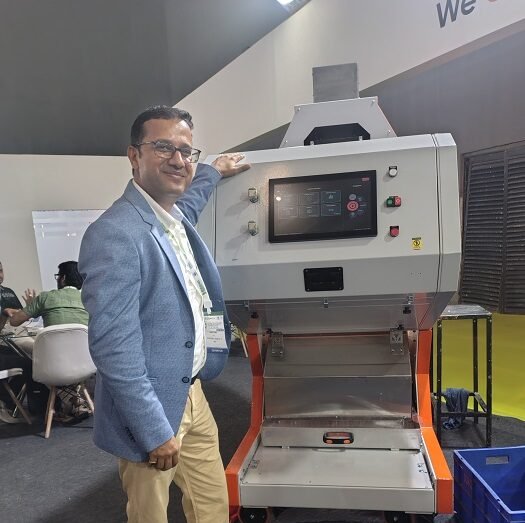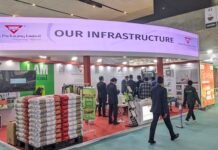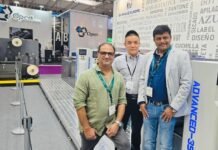
At the second Global Conclave on Plastics Recycling & Sustainability (GCPRS) in Delhi’s Pragati Maidan in June, Ishitva Robotic Systems launched its flake sorter and flake analyzer. Ahmedabad-based Ishitva is a homegrown leader in AI-driven recycling technologies for waste management.
Developed and manufactured in India, these systems enhance India’s capabilities in high-precision sorting and quality control in plastic recycling. Engineered using advanced hyperspectral imaging and AI, the flake sorter and analyzer offer recyclers granular control at the flake level — identifying polymer types and colors to detecting contaminants and ensuring food-grade compliance.
Suka, the AI-powered air sorter, enables automated air-based sorting and is claimed to deliver high-precision material classification by polymer, label, color, brand, and even black plastics. It offers fully automated processing, replacing labor-intensive manual sorting, and real-time analytics and dashboards to monitor purity levels and operational efficiency. It is compatible with complex materials such as flexible films, milk pouches, and MLPs. According to the company, Suka offers up to 99% purity, empowering recyclers to meet rigorous quality, regulatory, and commercial benchmarks.
Sanjivani is a fully autonomous material recovery facility powered by Ishitva’s proprietary NETRA AI platform. It enables automated sorting of more than 50 material categories, including plastics, paper, and multilayer films.
Sandip Singh, CEO and co-founder of Ishitva Robotic Systems, said, “This launch is a proud moment for Indian innovation. By designing and building such advanced solutions here, we are setting global standards.”
“We are creating solutions for the segregation of waste as well as the purity enhancement of plastics. Waste segregation is a real bottleneck because it is generated in a mixed form. To be reused and recycled, it needs to be segregated, which requires labor and expensive machinery. With the help of AI, we have created an autonomous tool to identify plastics and dry waste and do waste segregation on that basis.”
Marico Innovation Awardee reaches market
Founded in 2018, Ishitva was featured in the Marico Innovation Awards. Singh said Harsh Mariwala is like a mentor to Ishitva. “We were a part of the Marico Innovation Foundation scale-up program, which helped us craft our business strategy, understand our problem statement, and define how to position our brand into the Indian market.”
Ishitva exports its machines to the US and Europe. In India, major recyclers such as Dodhia Synthetics, Banyan Nation, and Pashupati Group, and municipal waste facilities are major clients.
This was Ishitva’s second participation in the show, where it had the biggest stand. “I am very positive about India’s recycling sector. GCPRS is the only exhibition where the Indian recycling community comes together,” he said.
Singh said he had been a private equity investor in the Indian recycling sector. There is a marked difference in the way financial institutions look at the Indian recycling sector now and in the past, he said, adding brands are talking about integrating the recycling value chain into their ecosystem.
“The last five years have witnessed a lot of changes in the thinking of brands and financial institutions. In the next 10-15 years, we will see an actual scale-up of the recycling sector.”
“Based on the interactions I have had with brands at the show, I would say almost everyone is in the process of crafting their strategy as to how to include recycled content in packaging. It’s all about pushing our boundaries and moving on this pattern, he said.
“Recycling and sustainability require multi-directional solutions ranging from the switchover from multi-layer packaging to mono-layer packaging, water-based inks and deinking solutions. Every innovation is important in its own way,” Singh shared.
Plastic is a magic material that should be used and recycled consciously, Singh concluded.











